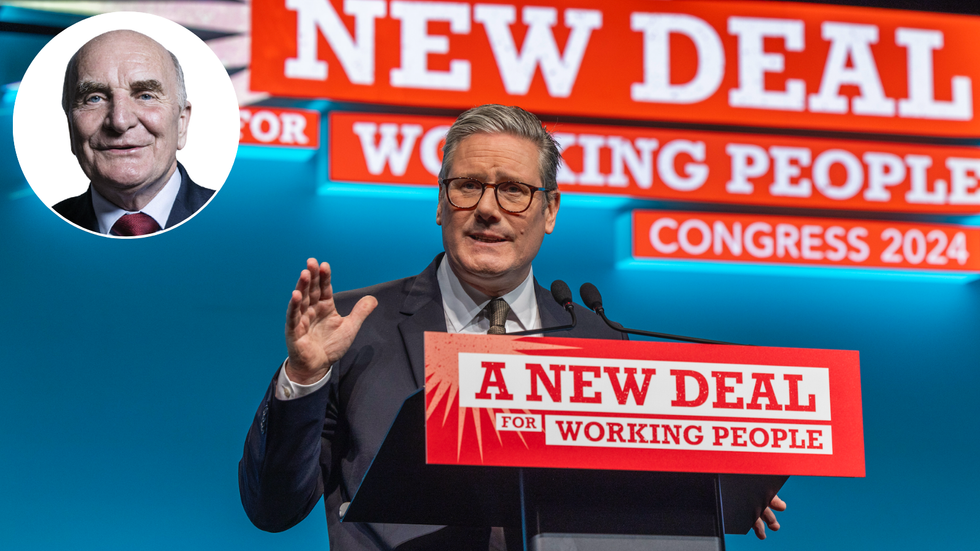It’s hard to believe that there are some people seriously talking about a premature end to the Labour landslide government that has only been in office for a bare six months but such is the febrile state of British politics today that what had seemed unthinkable is now the subject of widespread discussion.
Before we get too stuck into bashing the government, we really should remember what was going on before July 2024.
I entirely accept that it is the duty of government to be moving forward and not forever harking back to the past but we should not forget the collapse of the NHS, prisons bursting at the seams, armed forces down to the bare bones, twenty thousand fewer police officers than in 2010, immigration out of control, no chance of a home for young people, energy prices going through the roof and above all a feeling that things were just not working – and not just for those in greatest need but for the nation.
It’s easy to say that Labour didn’t win the election but that the Tories lost it. However, the greatest significance of that election was surely the fact that for the first time in UK political history, there were four separate parties all on over ten per cent of the vote.
You just cannot overestimate the significance of this huge psephological shift.
 To all those demanding an end to this Government, I have some very bad news – Stephen Pound
To all those demanding an end to this Government, I have some very bad news – Stephen PoundGB News/Getty Images
Margaret Thatcher was immensely unpopular in the early ‘80s but won a landslide in ’83 due partly to the Falklands War but even more so the rise of the SDP as a fourth party on the ballot paper.
Some people are asking if the momentum that Reform is building up mirrors the rise – and rapid fall – of the Social Democratic Party.
Indeed – it is feasible that Reform and the Conservatives could each get 25 per cent of the vote next time around, but Labour on a similar vote share could still win as the right-wing and centre-right parties slug it out.
So the key question is – can Labour make it to 2029 when the next election is due? The answer is that they most certainly can – and will.
For a government to collapse, there would have to be either a resignation by the Prime Minister or a vote of confidence in the House.
Keir Starmer is not going to fall on his sword and even if he did there are many suitors to the throne ready and willing.
The Government’s majority makes the loss of a confidence vote all but impossible. There is also the strange fact that the Labour Party is remarkably kind to its leaders, and while the opposition throws theirs under the bus on a regular basis, there is no precedent for Labour getting shot of its leader – tempting though the prospect may have on occasion seemed.
Could a popular uprising force the end of the government? It certainly didn’t work when Margaret Thatcher faced down the poll tax riots and neither did it when Tony Blair faced fuel and fox-hunting fury. For most decent people, the real question is not the survival of the Labour government but the safety and security of the nation, and these are issues far above mere party politics.
As we face unprecedented threats at home and abroad, a stable government is an utterly essential requirement if we are to weather the storm and like it or not that means a continuation of the Labour government.
By-elections and defections may be about to place huge pressure on both Labour and the Conservatives but anyone trying to bring this government down now is asking for the markets to give the same verdict as they did on the lettuce leadership of Liz Truss.
That would truly be a disaster.